In a Cypriot crafter chosen to provide one of the island’s wedding gifts for the prince of Jordan MELISSA HEKKERS finds a woman who uses the elements of fire, water and earth to discover inner beauty
“I don’t call myself a ceramist, even though I’ve been working with clay for the past 14 years,” Elysia Athanatos reveals as I prod into the title she’s given herself on her website. ‘Physical artist’ it reads.
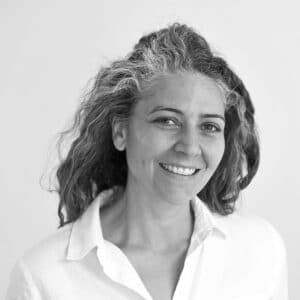
Elysia Athanatos
Elysia’s work is no stranger to Cyprus. Neither does she shy away from the international exposure it has brought. Her mostly life-size pieces have been exhibited around the world, and she has attended residencies internationally to develop her approach.
Yet it’s the recent acquisition of one of her pieces as a wedding gift for the newly wed prince of Jordan by the current presidency that has seen her latest brush with notoriety. Entitled Matter and Soul, “a reflection of the light we carry inside”, as Elysia puts it, the prince of Jordan’s wedding gift was made with dug up Cyprus soil, a medium which Elysia has been experimenting with for the past four years.
“I’m very physical… (my work is) all about the physical contact and the relationship between myself and matter, it gives me a dialogue,” she says explaining why she calls herself a physical artist. “I don’t like limits and if you say you’re a ceramist it just limits yourself to one material; I have to have the freedom.” Yet she’s quick to note that ceramics isn’t just about working clay. “It’s all the elements that go with it because you really work with fire, you use elements to get to a result and it brings a connection,” she adds.
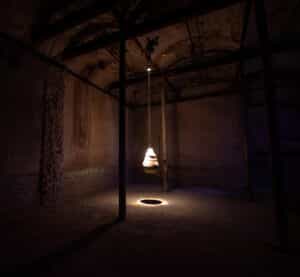
It was in Italy that she began to seek clay from nature to work with.
“I was living near these calangues that are made out of clay; really beautiful, naked and full of cracks and I realised that if you collect it and work it a bit you can turn it into something with just water and earth,” explains Elysia.
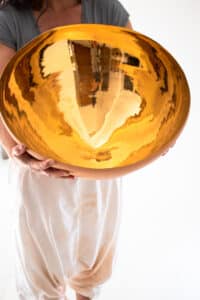
Currently working with ‘her own’ clay, Elysia continues to explore the medium, seeking to explore its raw form and refraining herself from firing it, as well as finding minerals which she says Cyprus has an abundance of.
The freedom she has followed to get her results ties in with limits she has had to impose on herself. Recently, “I’ve been working on a bit smaller pieces because I don’t have the kilns to do bigger ones…,” says pauses. “The materials I use are also really expensive so it costs a lot,” she adds, underlining the dedication needed to be a full-time artist. “The important thing for me is to be able to work and to be honest I don’t care about the rest but (putting yourself out there) has to happen in order to be able to carry on. I made some choices not to have a family, if I had more responsibilities it would have been really hard to do what I’m doing, I’ve made some sacrifices”.
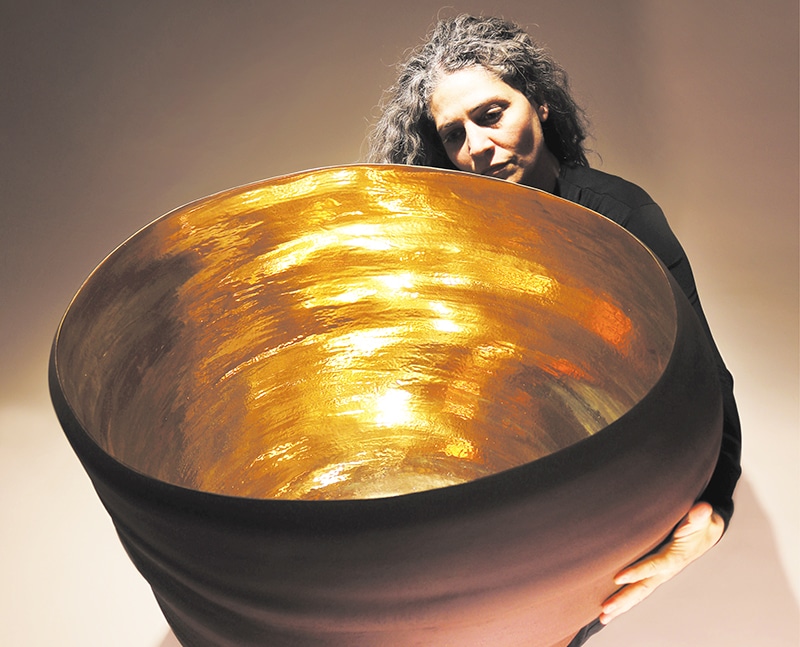
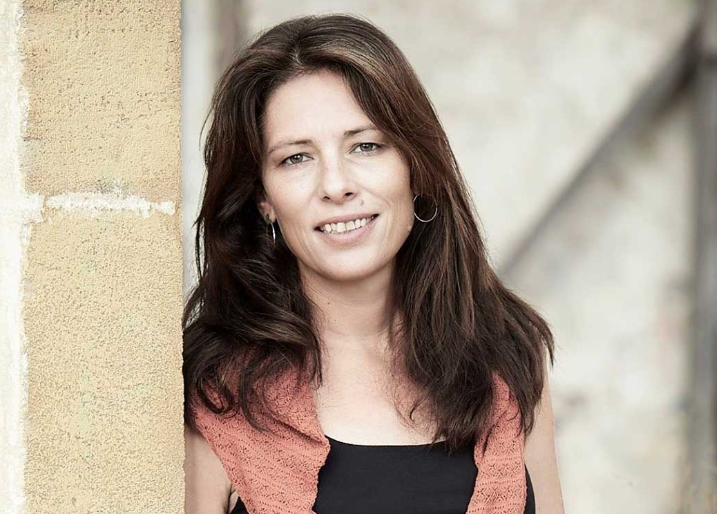




Click here to change your cookie preferences